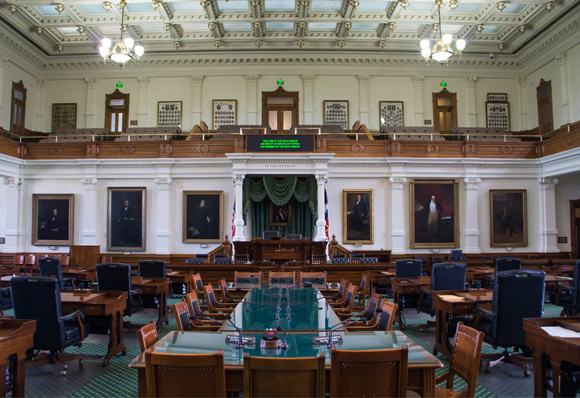The first recommendation is not to read President Trump's tweets. I suppose many will object to this. Even now, President Trump makes Twitter posts whenever he has a thought, even at 3 AM. Since he rarely holds press conferences, these tweets are regarded as precious opportunities to obtain comments in the President’s own words. There are many cases of the international community and financial markets being shaken by his sudden tweets.
However, there are only a few instances in which a tweet has been linked to any significant results of the Trump regime. The main ones were the withdrawal of the US from the Trans-Pacific Partnership (TPP), and the Senate approval of the Trump nominee for Supreme Court, Neil Gorsuch; and, in both these cases the information in the tweets was nothing that could not be learned from other sources. Meanwhile, there are very few meaningful tweets that mention the many failures of this administration, including the Presidential decree to restrict entry into the country from the Islamic sphere that was struck down by the courts, the bill to replace Obama Care (medical insurance system reform) that failed to reach consensus within the divided Republican party, and the wall on the border with Mexico that shows no signs of being constructed. The only related tweets are complaints about what (or who) seems to be hindering these measures. Furthermore, if major media points out the turmoil in this administration, such as the large number of vacancies in high-level posts, or the violent power struggles among his aides, President Trump attacks the media as “fake news,” even though the reports are factual. In the huge volume of tweets, there does not seem to be any exclusive or important information related to policy.
























































